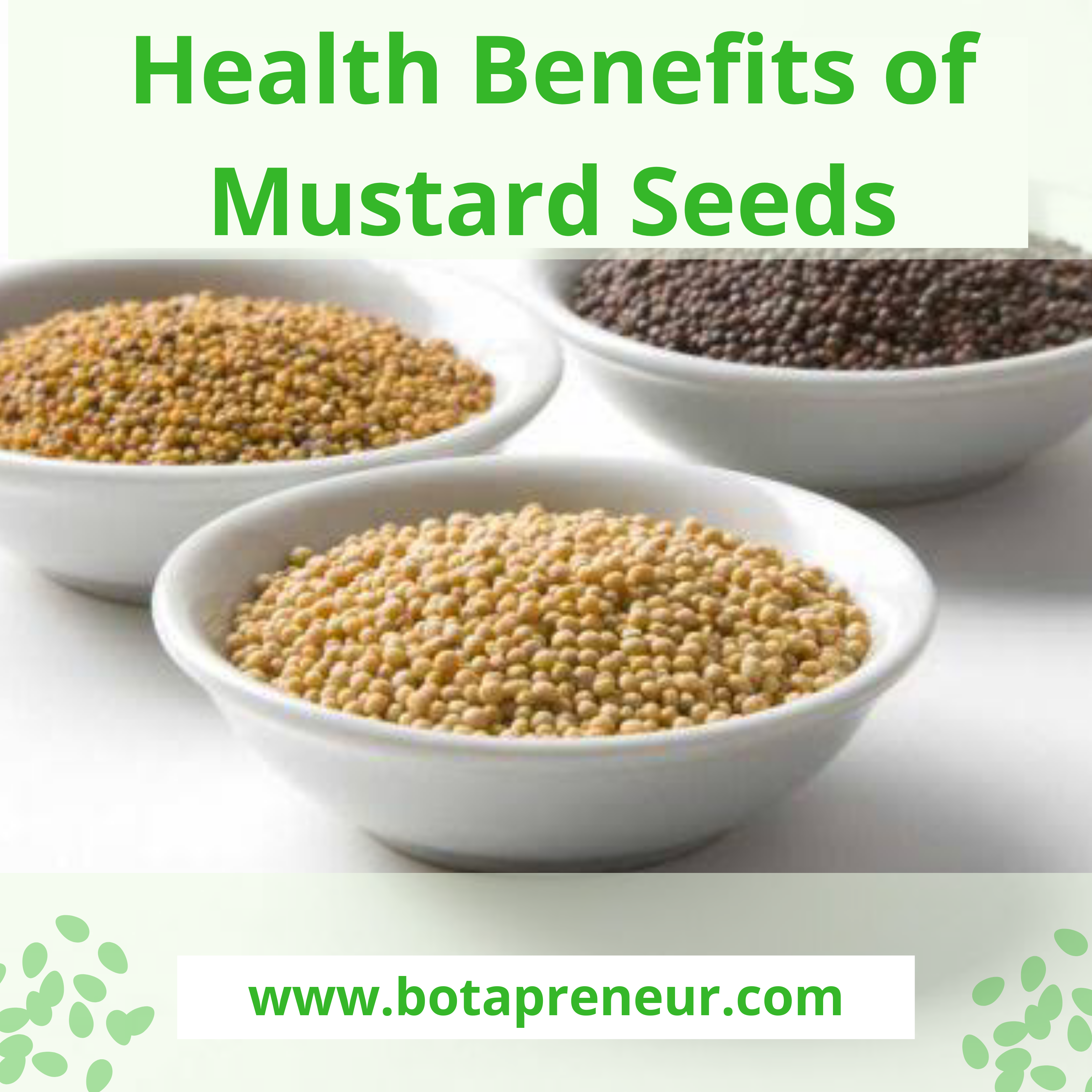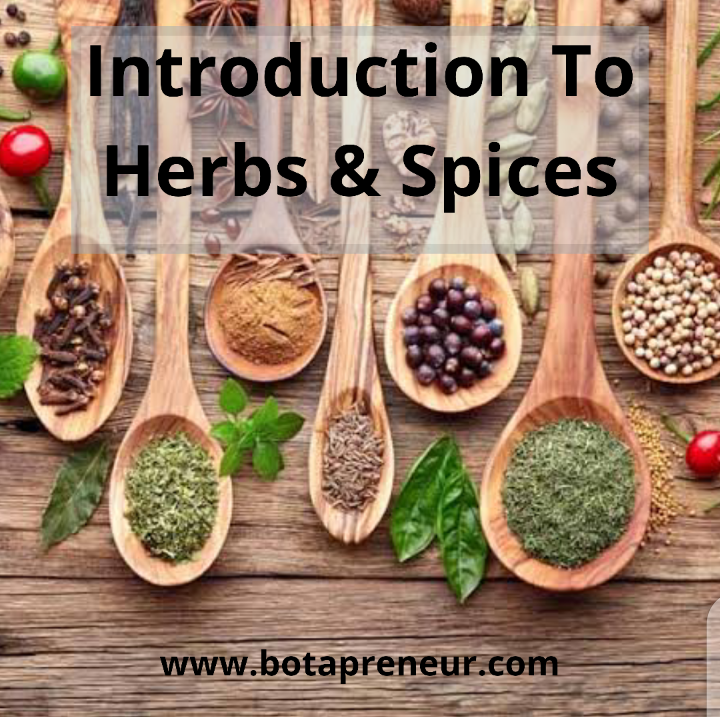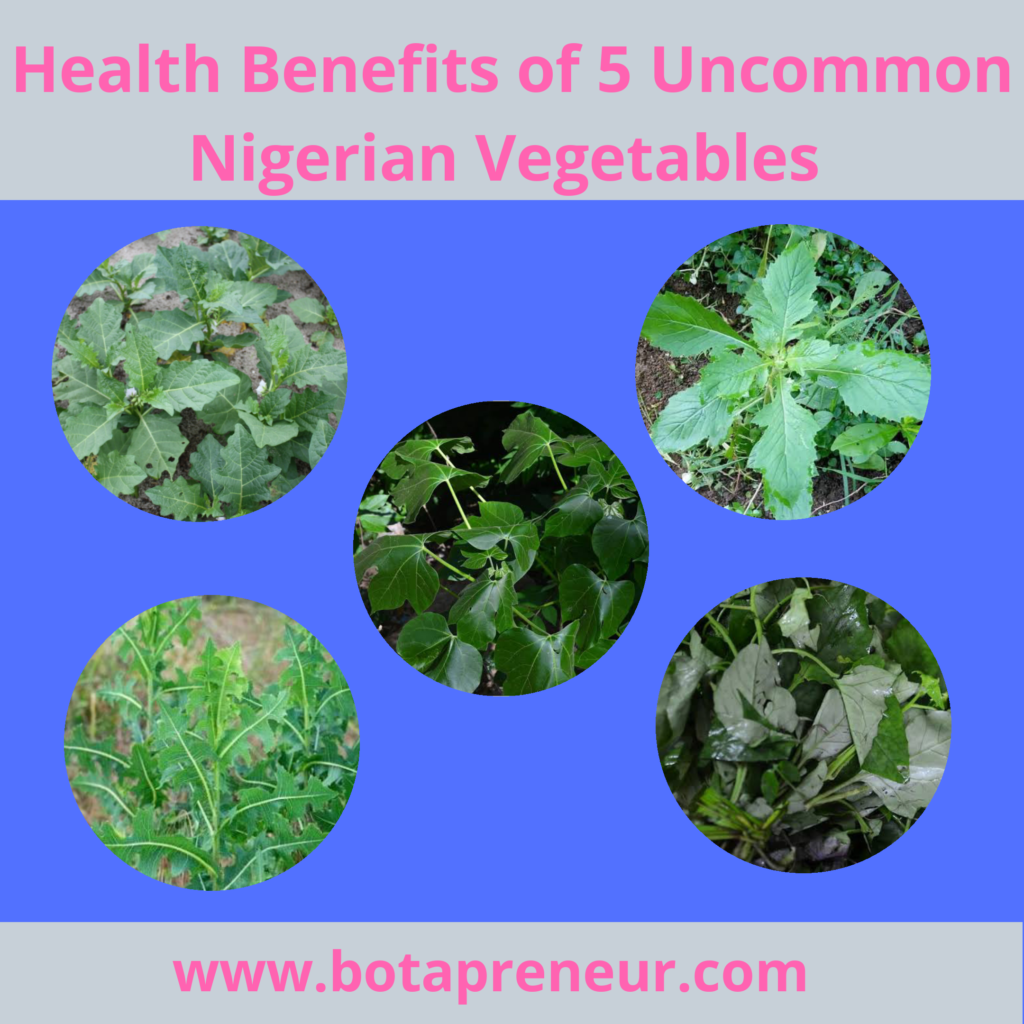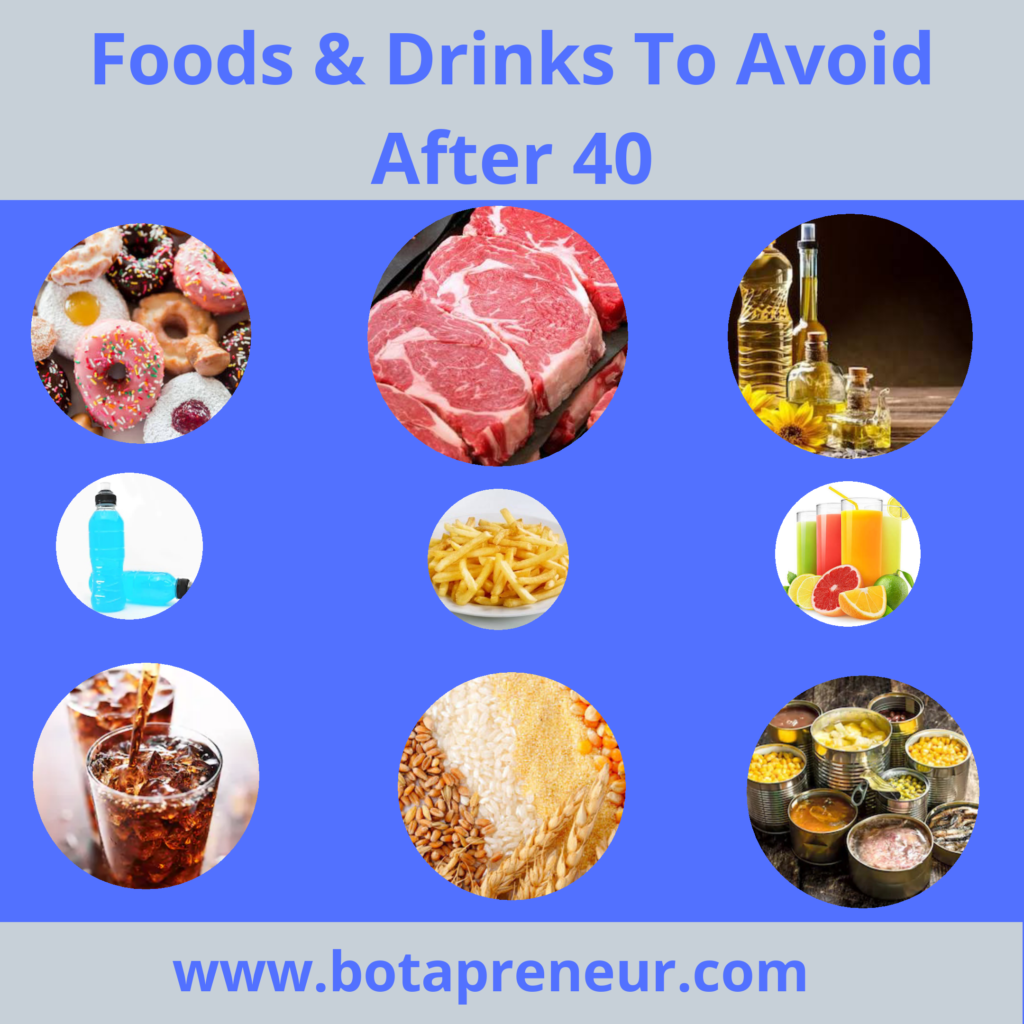Pregnancy is one of the most special period in a woman’s life and the actions taken by a pregnant woman directly or indirectly have either positive or negative effects on the growing baby. Once a woman gets pregnant, one of the major things she needs to pay serious and important attention to is her diet. This is because whatever she feeds either aids or hamper the growth and development of the baby. That means such woman would have to feed on a well balanced diet in order to provide proper nutrition for her growing baby. Once a woman get pregnant, certain foods would have to be consumed rarely while others would be avoided completely. It might not be easy doing away with some foods especially the ones one is addicted during this period. However, the aim of keeping the baby healthy needs to be considered. In this article are listed foods that needs to be put in check once a woman gets pregnant. 1) RAW/UNDERCOOKED MEATS Eating raw or undercooked meats exposes a pregnant woman to a high risk of getting contaminated with bacteria. These bacteria may threaten the health of the unborn baby. It can lead to stillbirth or severe neurological illnesses or blindness. 2) HIGH MERCURY FISHES High Mercury fishes like king mackerel, marlin, shark, tilefish, swordfish, and tuna should be avoided by pregnant women. Excessive mercury intake can adversely affect the baby’s developing brain and nervous system. 3) ALOE VERA Aloe vera plant contain anthraquinones laxative compounds which can triggers uterine contractions and lead to losing of the pregnancy. The latex in Aloe vera plant is also a powerful laxative and can create an electrolyte imbalance in the intestines. Also, nursing mothers should also be cautious while taking Aloe vera as the compounds in it can be passed through breast milk which may upset the baby’s digestive system. 4) HERBS As much as herbs are good, it is advisable to avoid taking just any herb during pregnancy. If at all a pregnant woman wants to take herb, she should consult her doctor first. This is because herbs containing steroids can affect the baby’s growth during pregnancy when taken in large quantities. For example, Centella can cause harm to the liver, resulting in severe jaundice and damage the baby’s brain. Dong Quai contains some compounds that can initiate a miscarriage or premature delivery. Read Also: 7 Fruits to Avoid During Pregnancy 5) EGGPLANT Eggplant is called the king of vegetables and is also known as brinjal, garden egg or guinea squash, eggplant. Eggplant is very nutritious and it contains fiber, folate, and potassium that is needed for fetal development. Brinjal or eggplant may be eaten during pregnancy but in moderate quantities. This is because Egg plants grow in soil that is rich in toxoplasmosis which can cause premature delivery, miscarriage, stillbirth or damage to the baby’s brain and other organs especially the eyes. 6) UNPASTEURIZED CHEESE, MILK & JUICE Raw milk and unpasteurized cheese & juice do contain harmful bacteria like Listeria, Salmonella, Esherichia coli and Campylobacter that are dangerous both to the mother and baby. 7) SEAFOODS Most seafood like shellfish, oysters, crabs, sashimi, sushi, and prawns may be polluted with listeria that can result in pregnancy problems like preterm labour or miscarriage. It’s advisable to consume only well-cooked seafood. Crabs for instance also contain high mercury which when consumed by pregnant women can affect the foetus brain and nervous system growth. Although, it has been suggested that the mercury in king crabs is much lower than other types of crabs like blue crab, snow crab & Dungeness crab. However, it is advisable to eat king crabs in moderation or avoid it totally during pregnancy. 8) UNWASHED VEGETABLES Vegetables are very nutritious and laden with so many health benefits. However, it is unsafe to eat unwashed or raw vegetables by pregnant women. Raw or unwashed vegetables possess toxoplasma gondii, a common parasite which causes toxoplasmosis. That is why it is good to soak vegetables in clean salt water and wash them thoroughly before cooking mildly. 10) ALCOHOL Asides from being pregnant, alcohol is not even good to be consumed before of its adverse effects on the organs of the body talk less of being taken by a pregnant woman. Alcohol is highly detrimental to health. Alcohol should be totally avoided during pregnancy. Consuming alcohol (even in small quantity) can lead to different types of birth defects and it also increases the chances of miscarriage and stillbirth. 11) RAW EGGS Eggs do contain a bacteria called salmonella. This bacteria may cause intrauterine infections which can be severe and lead to a miscarriage. Pregnant women should avoid taking raw eggs or any food containing raw eggs like eggnog, homemade mayonnaise, smoothies containing raw eggs, etc It is advisable to cook eggs thoroughly before eating. This will help in killing the bacteria. 12) CAFFEINE Study has shown that caffeine is safe when consumed in moderation. However, it is advisable for pregnant women to regulate their level of caffeine intake. Too much of caffeine increase chances of miscarriage and can also result into low birth weight babies. Caffeine is not only present in coffee, it is also present in tea and chocolates. 13) ENERGY, SODA & CARBONATED DRINKS Energy drinks should be avoided by pregnant women because they contain a high amount of caffeine and other ingredients that poses effects on the fetus. Soda and Carbonated drinks have high level of sugar and when sugar is consumed in large amounts, it can drive insulin resistance and is also associated with various serious conditions, including type 2 diabetes and heart diseases. They are also highly filled with fructose and caffeine. Read Also: Foods & Drinks To Avoid After 40 14) RAW SPROUTS Avoid eating raw sprouts like alfalfa, clover, and radish. They are highly prone to listeria, salmonella, and E.coli bacteria. 15) JUNKS & CANNED FOODS Junks are majorly always










